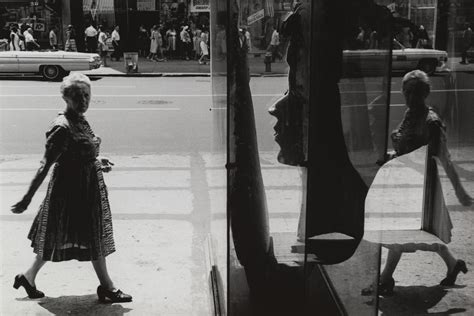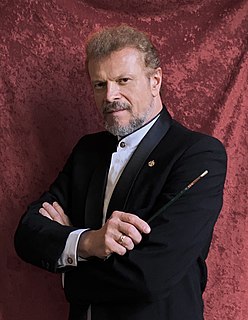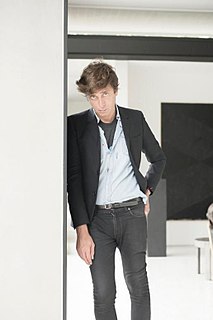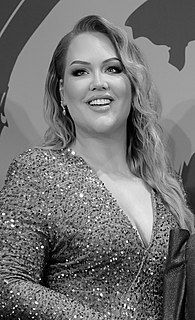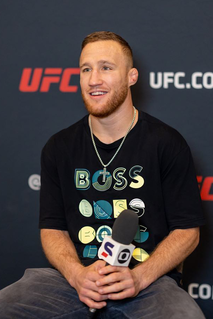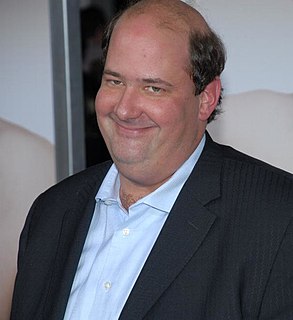A Quote by Lee Friedlander
Photographs also show the way that the camera sees. It's not just me or you or anybody else. The camera does something that is different from our own setting.
Related Quotes
Of course, you can never watch something like somebody else watches something like you, but nonetheless, you have to try. So I think on camera you learn a lot about how much the camera does for you, which is what is the great luxury of movie acting. Or acting whether it's TV or movies or whatever it is, that the camera's really such a gift because there's so much that it sees and does if you're willing to just be open and expose yourself and all of that. So you also learn what doesn't matter. And sometimes when you think about things, you think things matter that don't matter.
My parents offered me my first camera for my birthday and I developed an exclusive passion for it over the years. Since I was not the most social kid on the block, the camera helped me to express myself, invent my own language - something like a secret garden. I decided early on I would not write in a diary but take silent photographs instead.
The camera has a mind of its own--its own point of view. Then the human bearer of time stumbles into the camera's gaze--the camera's domain of pristine space hitherto untraversed is now contaminated by human temporality. Intrusion occurs, but the camera remains transfixed by its object. It doesn't care. The camera has no human fears.
So in terms of a large part of the job on our show specifically, what makes the show complex and interesting and funnier are the conversations about "Where's the camera?" and "How aware are the characters of the camera? Are the cameras hidden for this shot? Is it a spy shot from far away? Or is it really close and in their face, and they sort of have to play to it in an embarrassing situation?" There's a whole other level of questions and choices that come into play on our show that are not even a factor in anything else.
There's something very satisfying about old cameras because they're ingenious. I mean when you take them apart and actually see, 'Oh, this is how we make photographs,' it's an ingenious thing, but it feels like it's in a way a layman can appreciate, whereas a digital camera, I don't even begin to know what goes into making a digital camera.
